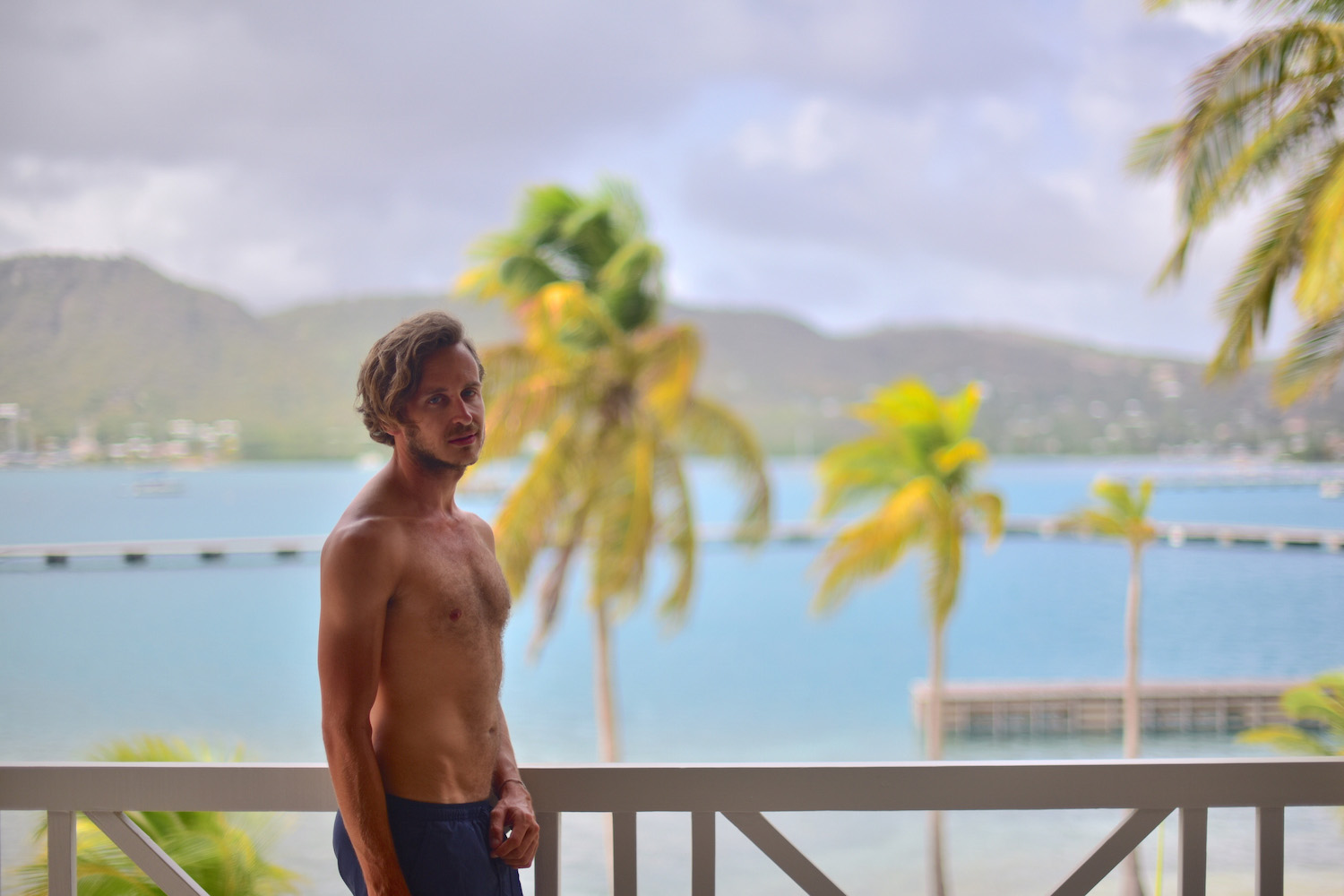Although it was my first visit, I arrived to Antigua last week convinced I knew how I was going to approach the article I promised the country’s tourism board in exchange for their kind invitation.
“I read a bit of Jamaica Kincaid in college, her book about Antigua,” I explained to Cleo, who picked me up at the airport, “so I know more about the island than your average visitor.”
She sighed. “Jamaica didn’t say the nicest things about us.”
Initially, I pushed back on that claim. A Small Place was an indictment of North American (and, worse, European) tourism. “A tourist is an ugly human being,” Kincaid spat, “[who travels to witness] heaps of death and ruin and [feel] alive and inspired by the sight of it.”
Within minutes of driving off the airport grounds, I realized this view was inaccurate or, at best, outdated. (A Small Place first went to press in 1988.)
Tourism dollars have actually narrowed the disparity between the living standards of locals and visitors. Nearly all the island’s roads, for example, whose formerly atrocious condition Kincaid laments in obnoxious detail, are paved and well-lit. Many are lined with billboards that proclaim Antigua as “the Caribbean’s only 4G LTE island,” among other accolades.
“It used to be almost embarrassing,” a fellow journalist, who’s been visiting Antigua since just after it became independent, explained. “If you were white, you were essentially unable to communicate with local people, except maybe for the maid who cleaned your room. It was almost as if the outgoing colonial class thought we wouldn’t know what to say, were we to come in contact with a black person.”
But today, the majority of hotels (there aren’t many resorts, at least not as you think of them in the Caribbean) are not only staffed by Antiguans, but are managed and owned by them as well. Indeed, white tourists are at best inconspicuous among the 87,000 blacks who call Antigua home.
Ironically, I taught the book to several of my advanced-level private English clients in Shanghai, including one I met with literally hours before I boarded the one-way flight to Vietnam that sealed my fate as a professional traveler. To be sure, my adherence to the Kincaid doctrine relaxed long before I set foot on Antigua: I’ve had the better part of the past six years to see – and to take part in – the very positive ways tourism and tourists can impact local populations.
“I get it now,” I blurted out suddenly, as I sat atop the lookout at Shirley Heights with another blogger who also happened to be in Antigua.
She seemed confused. “What do you mean?”
“The woman who picked me up at the airport – when I told her I’d read an Antiguan author who wrote about the negative effects of tourism on the island – insisted that it was Antiguans, and not foreign tourists, whom the author was attacking.
“I get it now,” I repeated, the truth as blinding to me as the streaks of fluorescent water in the shallow, azure bays hundreds of feet below us.
Not unlike the traditional left-wing view of “the poor,” which robs less affluent people of their power under the guise of compassion, Kincaid’s seeming concern for her fellow Antiguans is really a degradation, a truth the author’s having lived in the United States for years before she even wrote A Small Place amplifies.
Antigua is defined by neither death nor ruin; you are not an ugly human being for wanting to go there. You are justified: The Antiguans will happily welcome you.
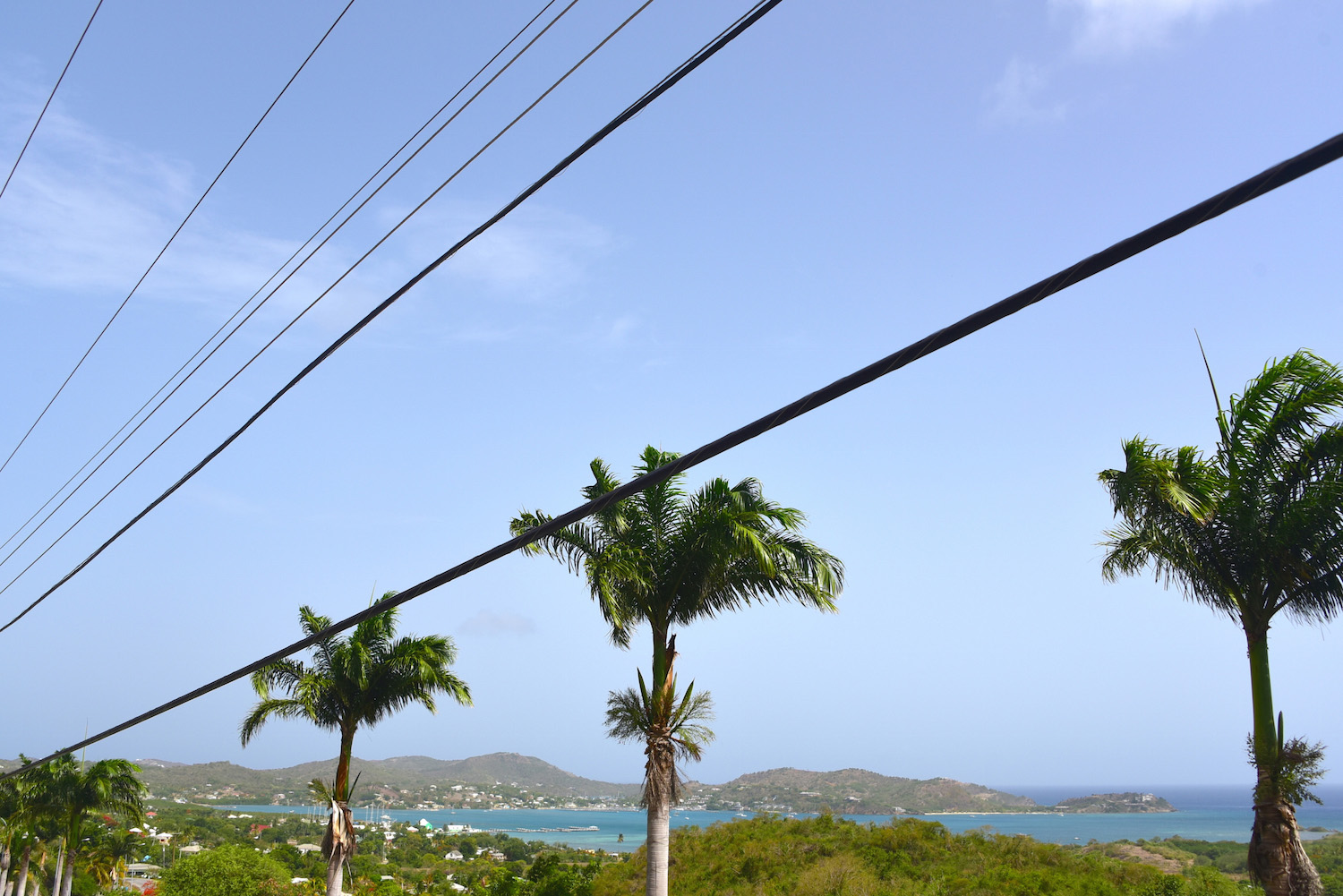
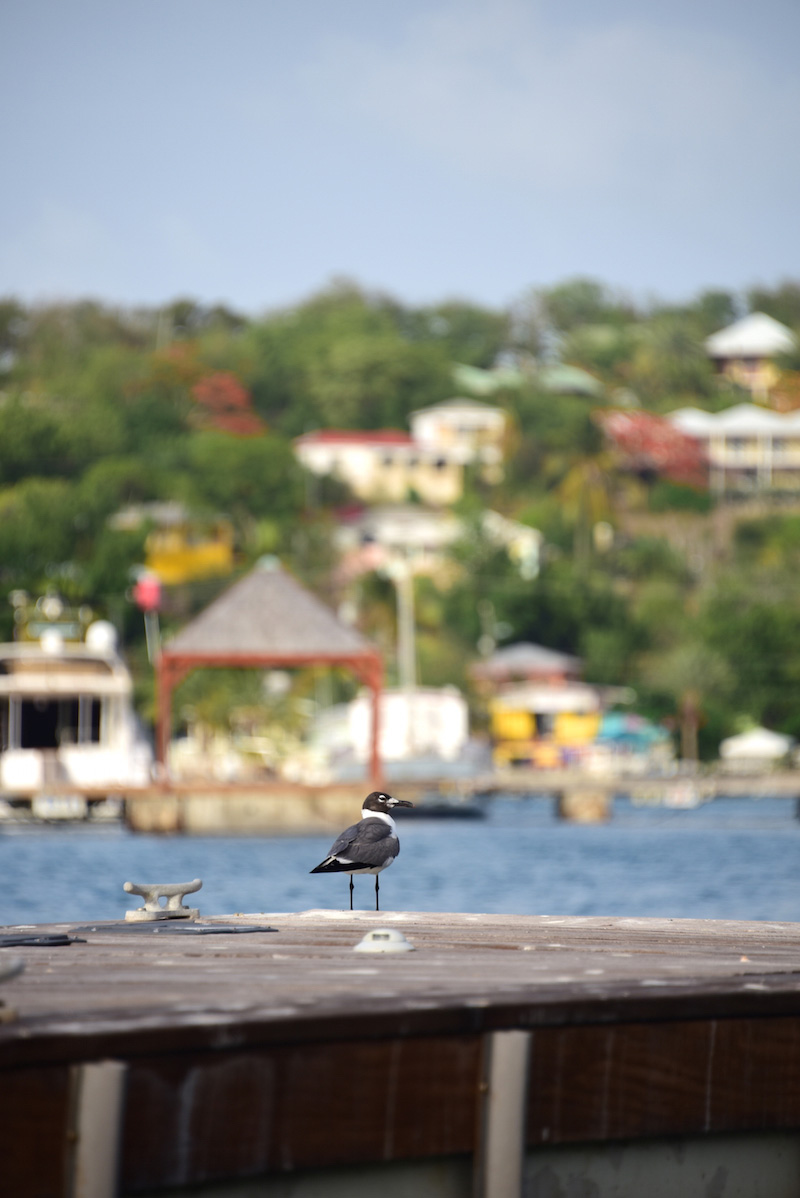
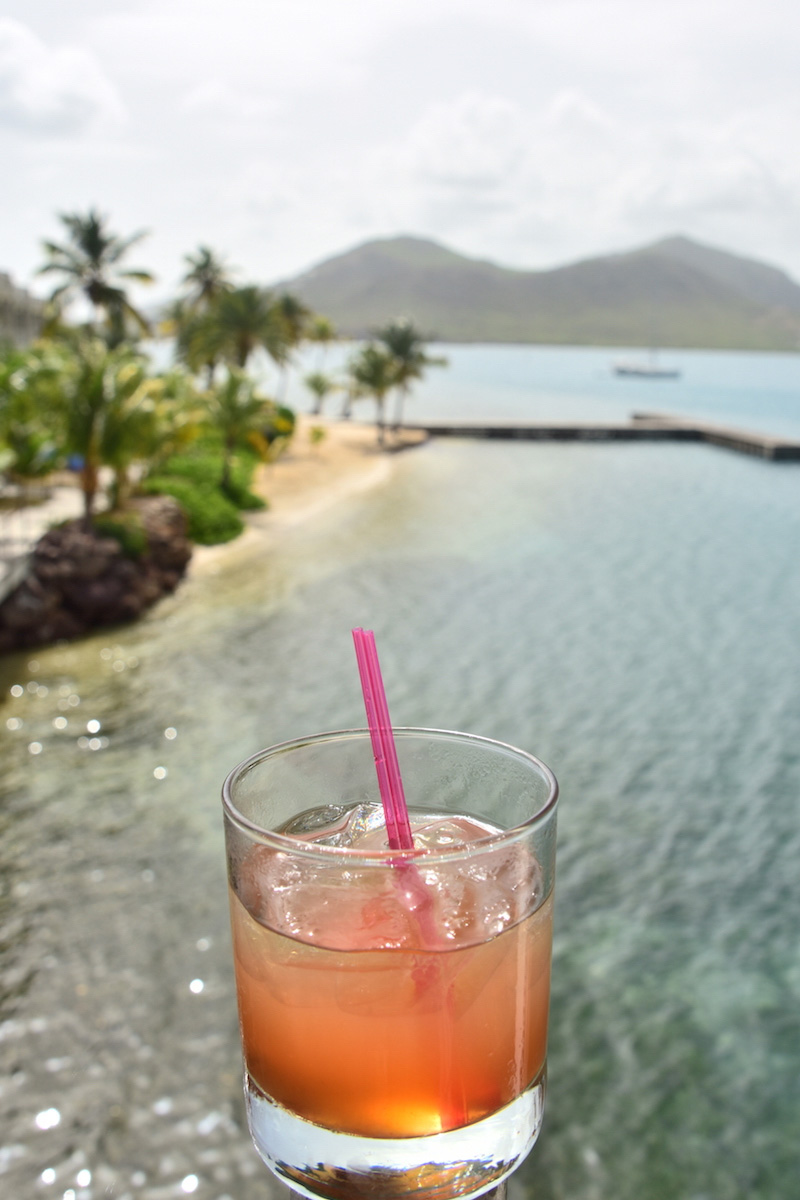
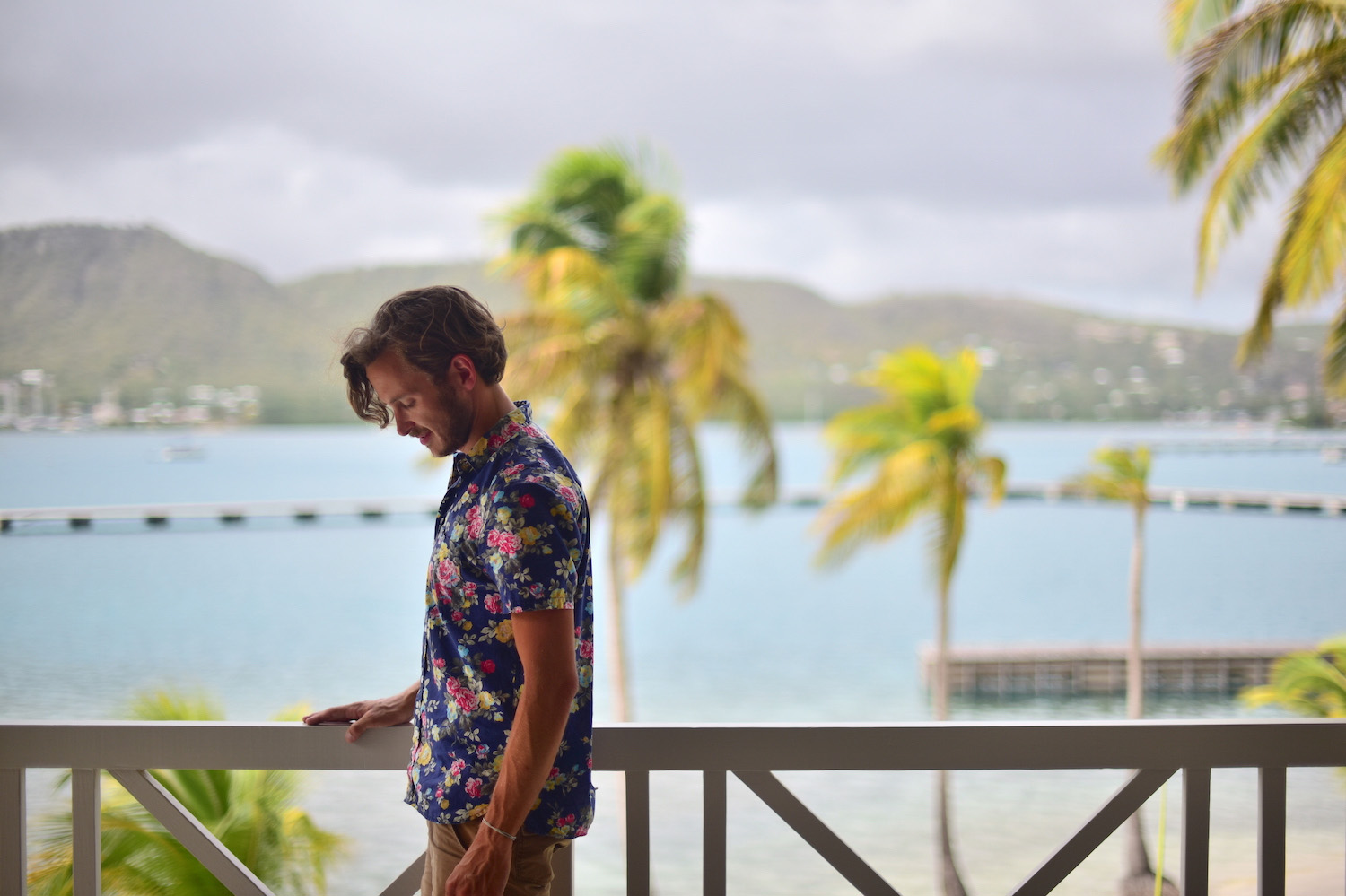
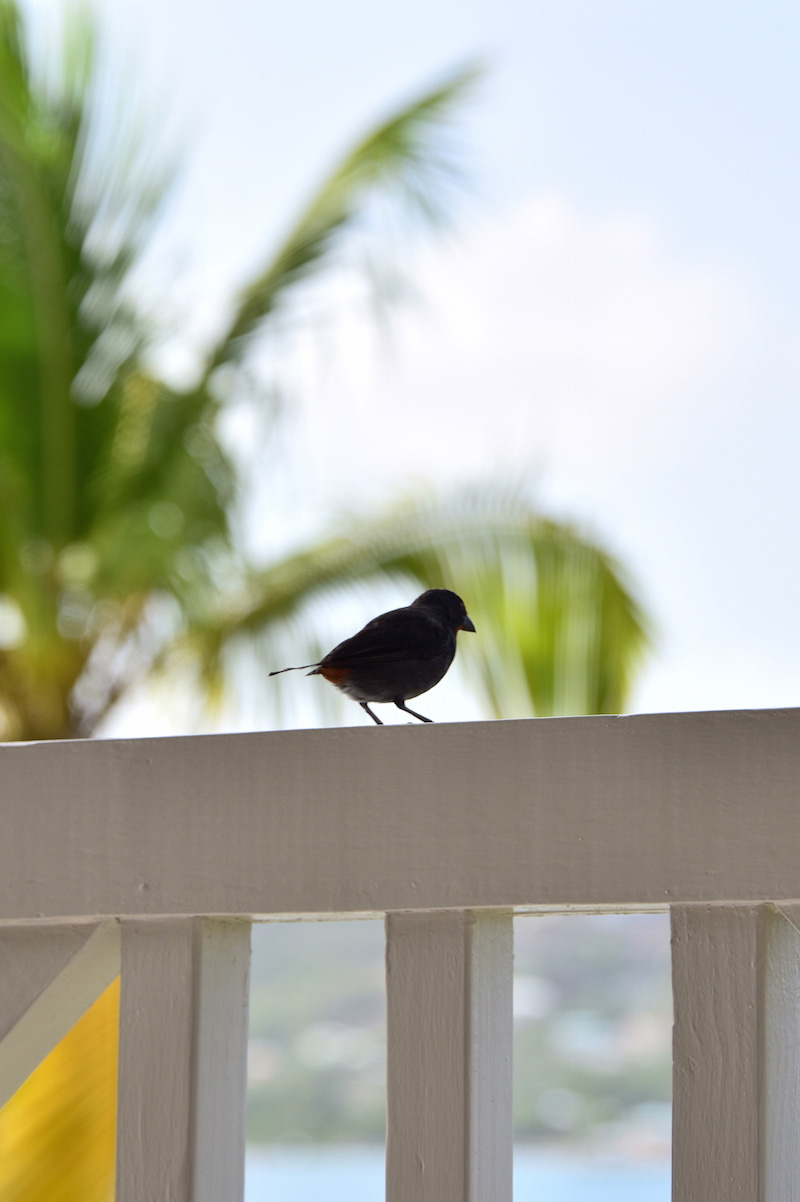
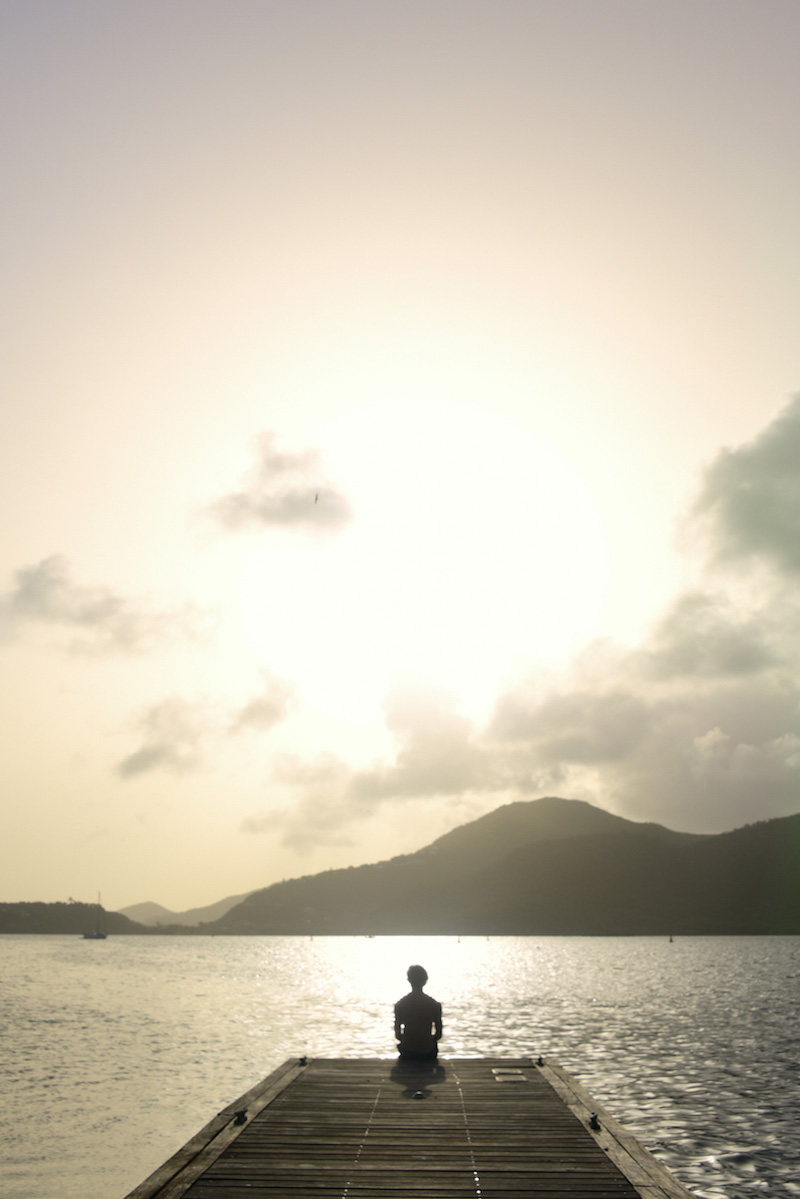
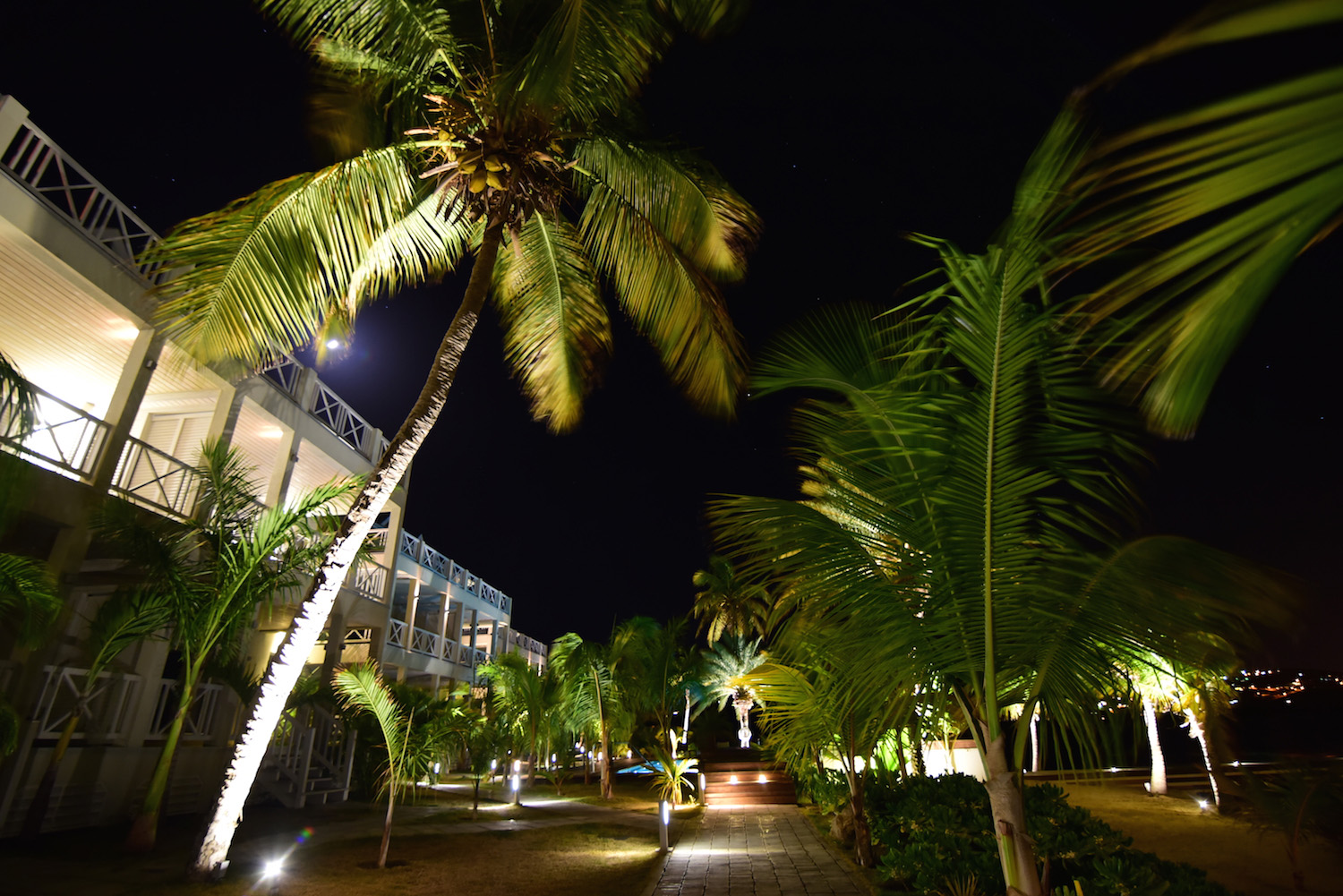
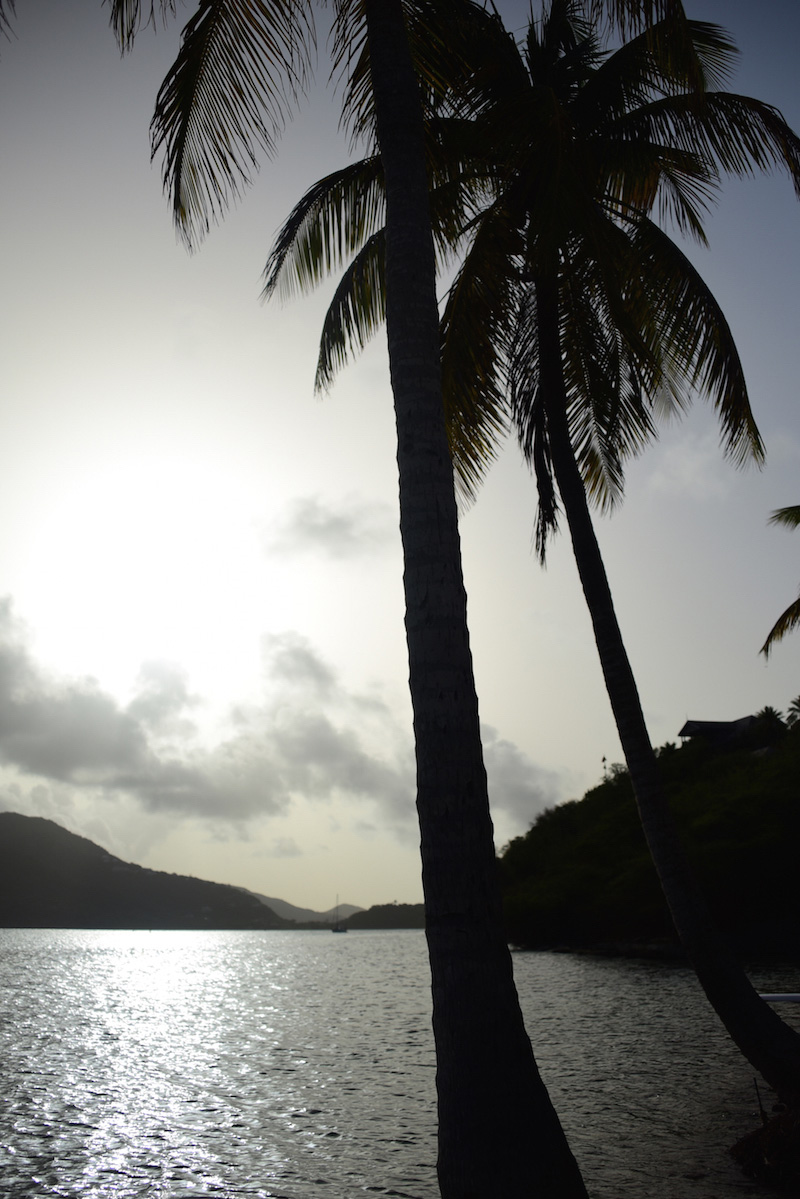
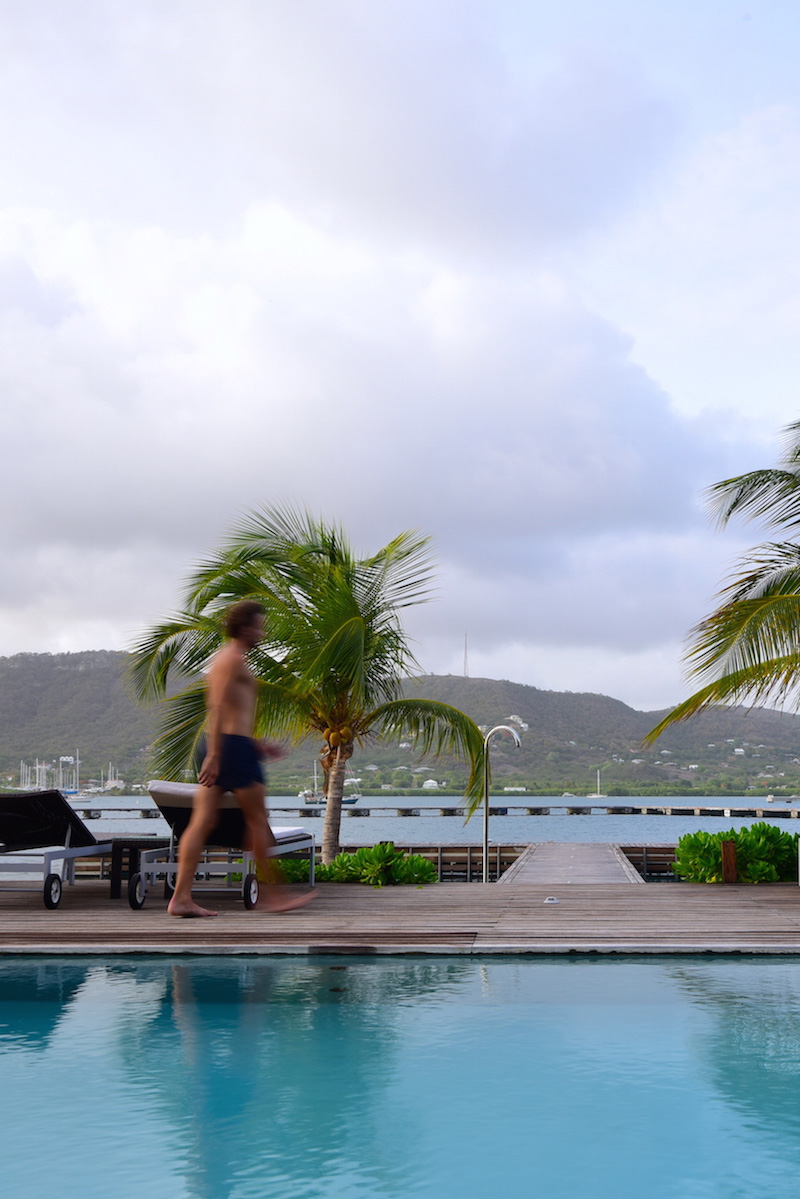
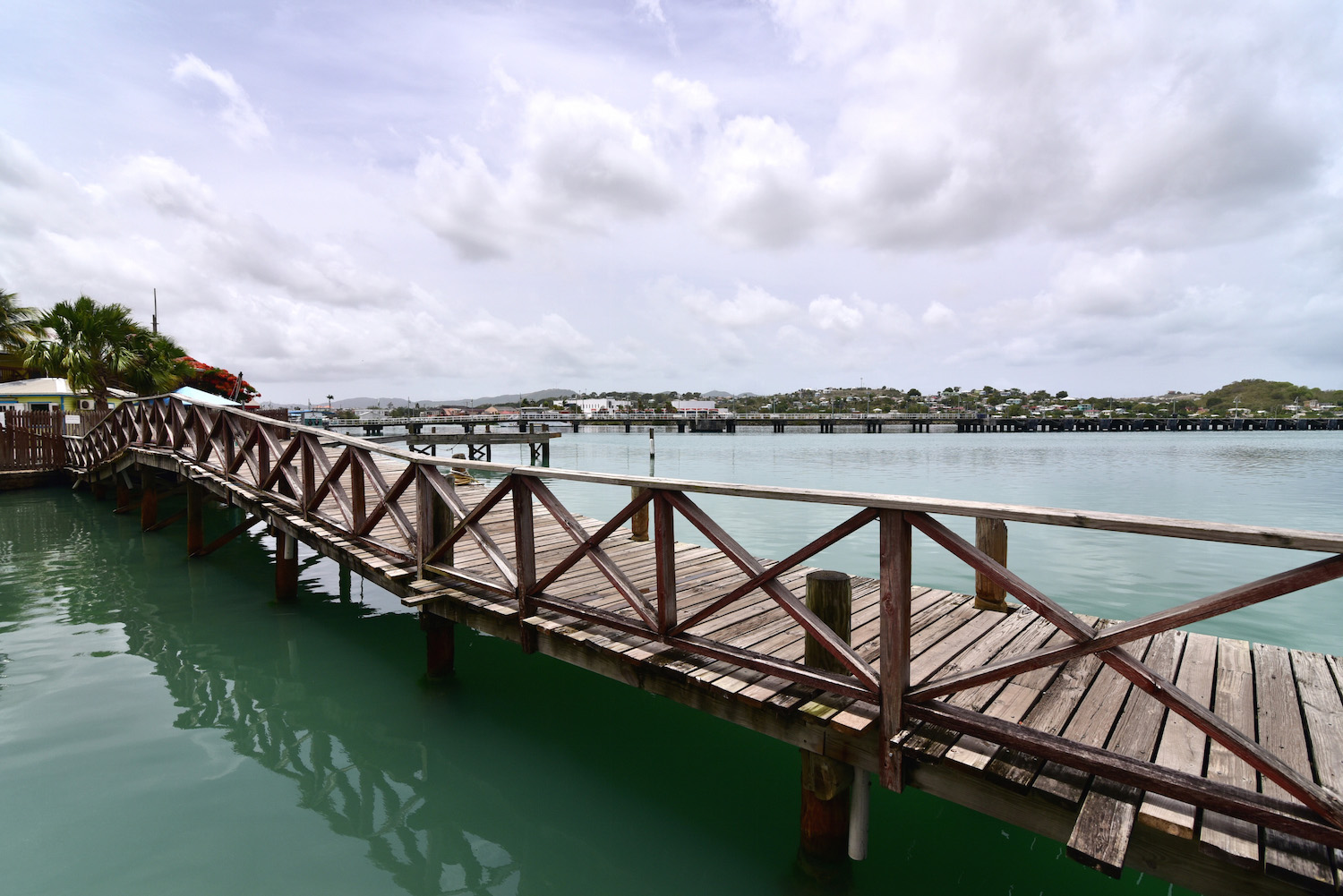
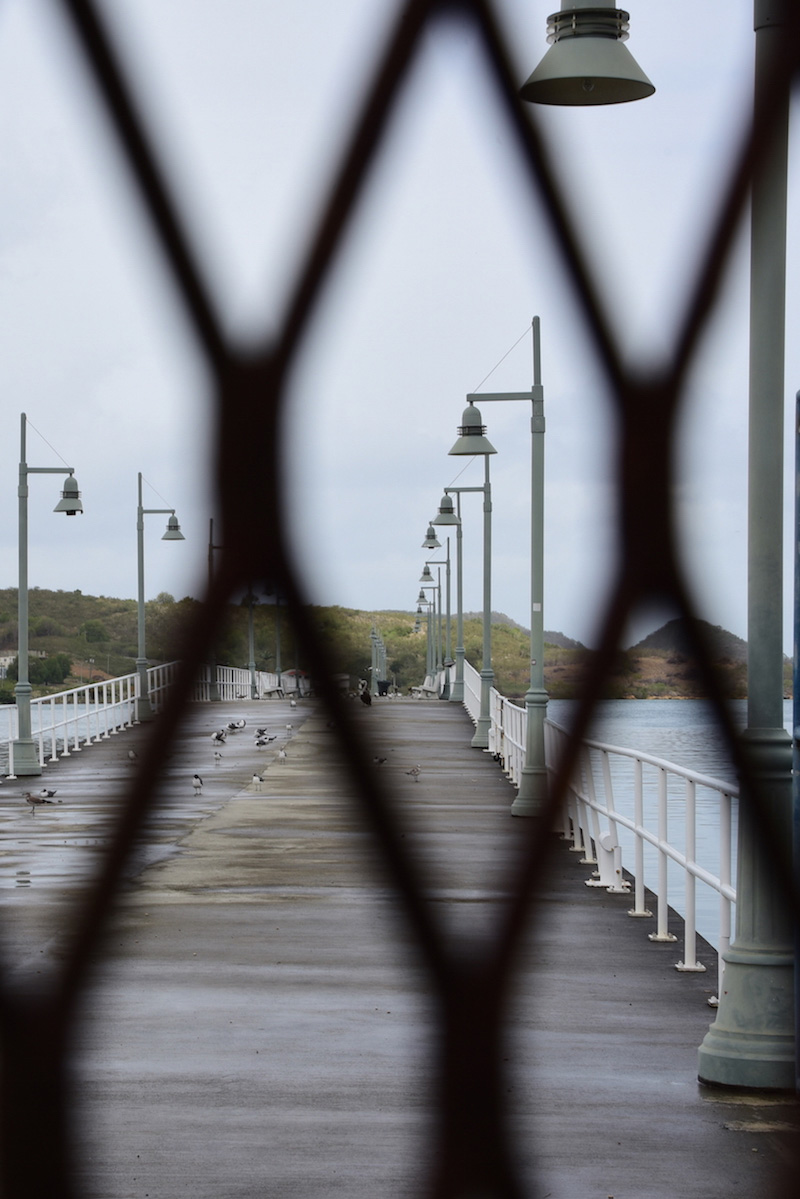
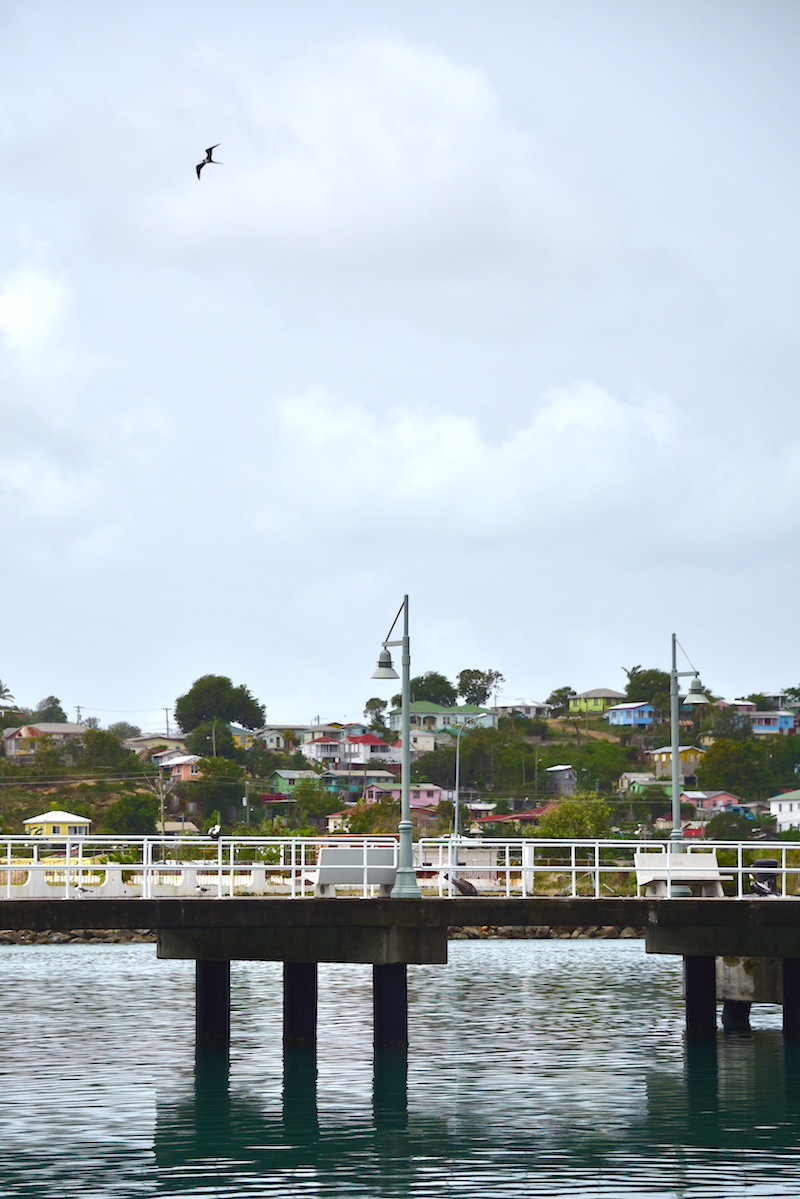
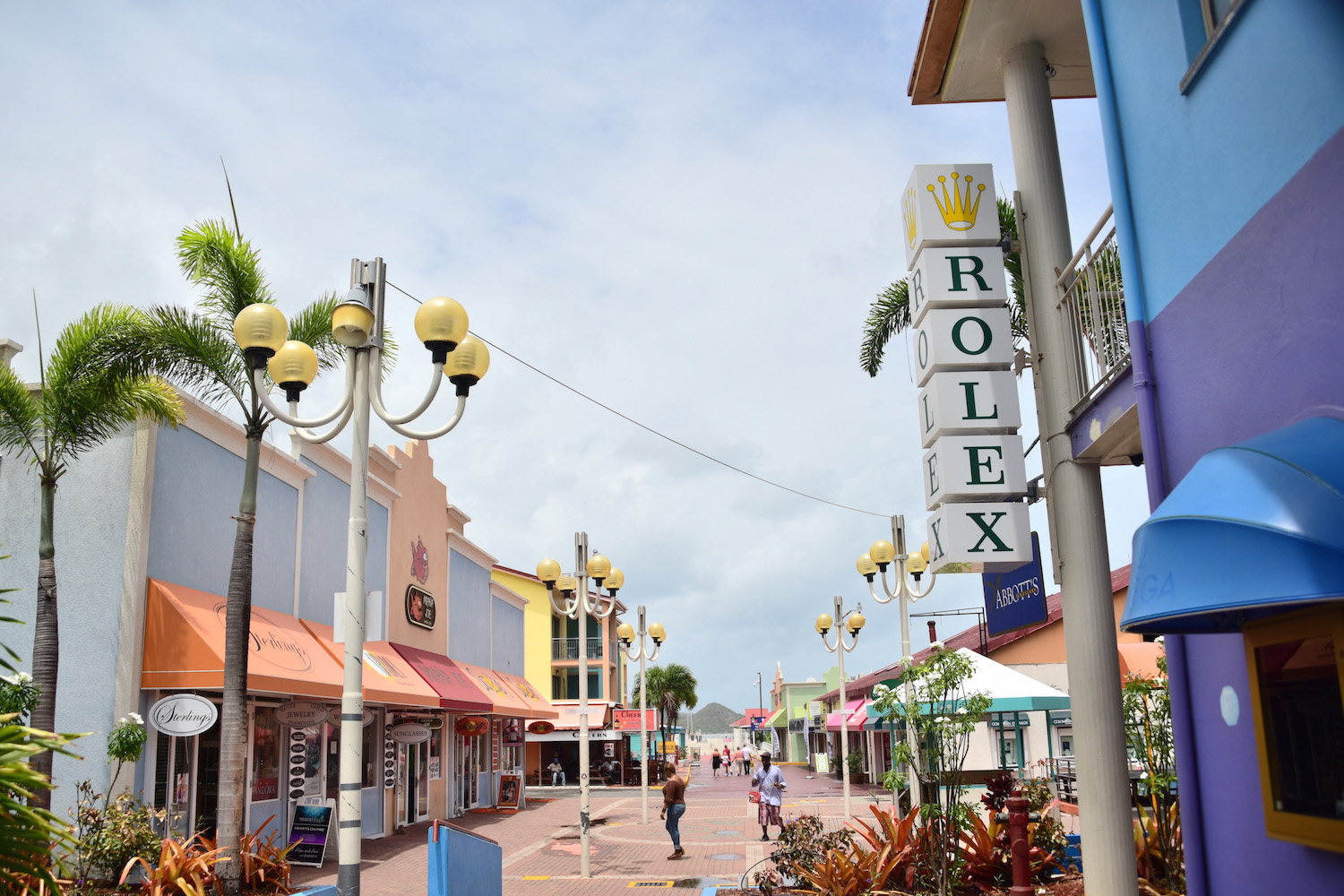
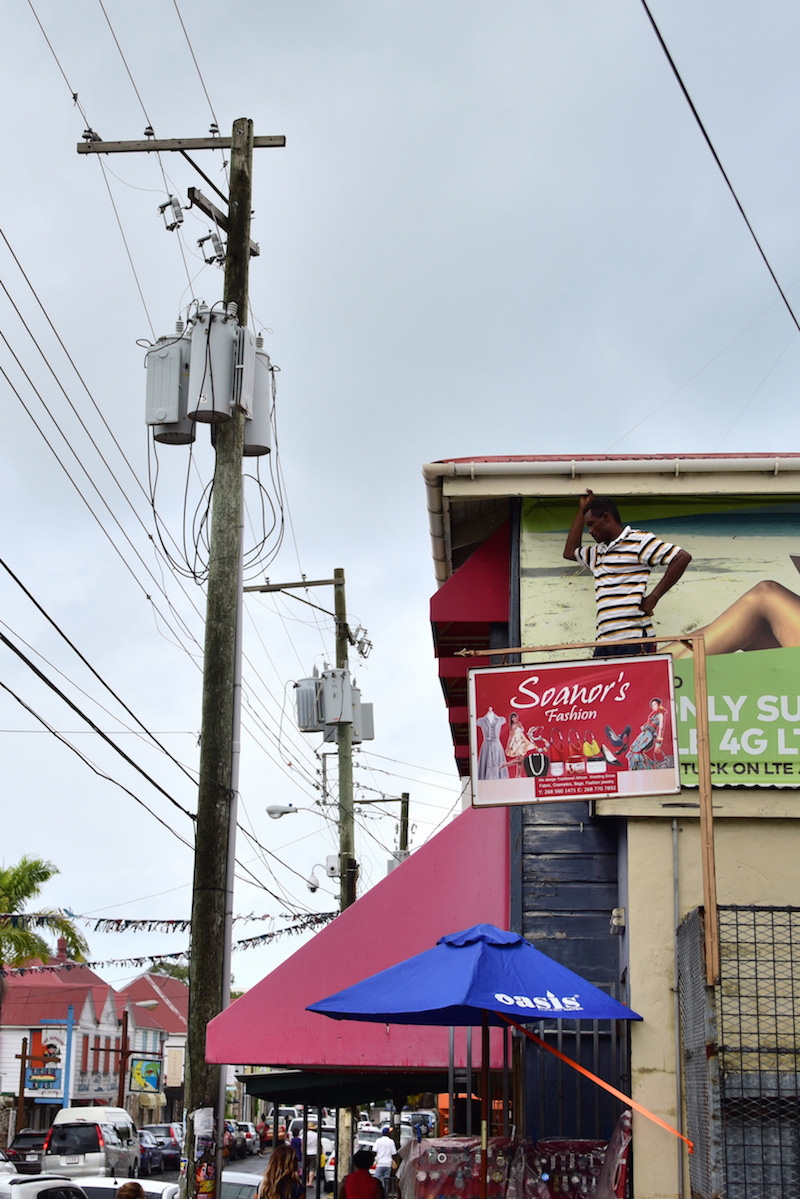
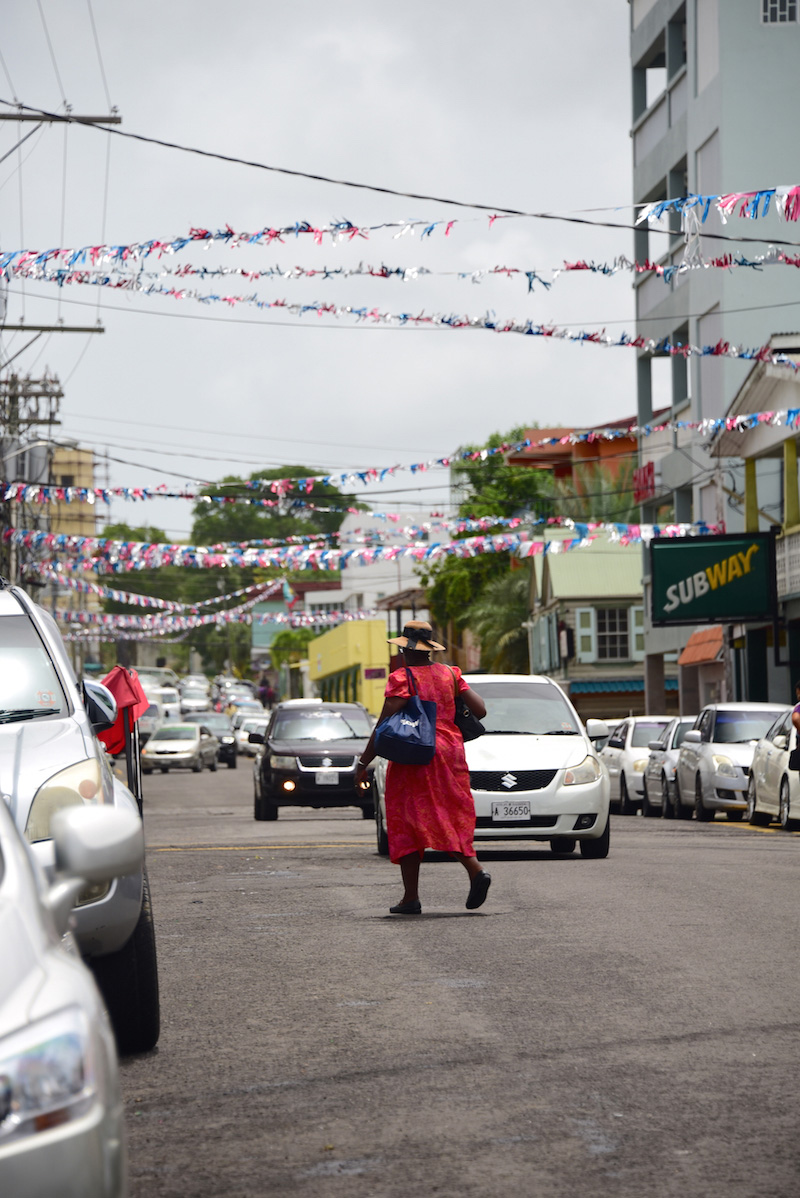
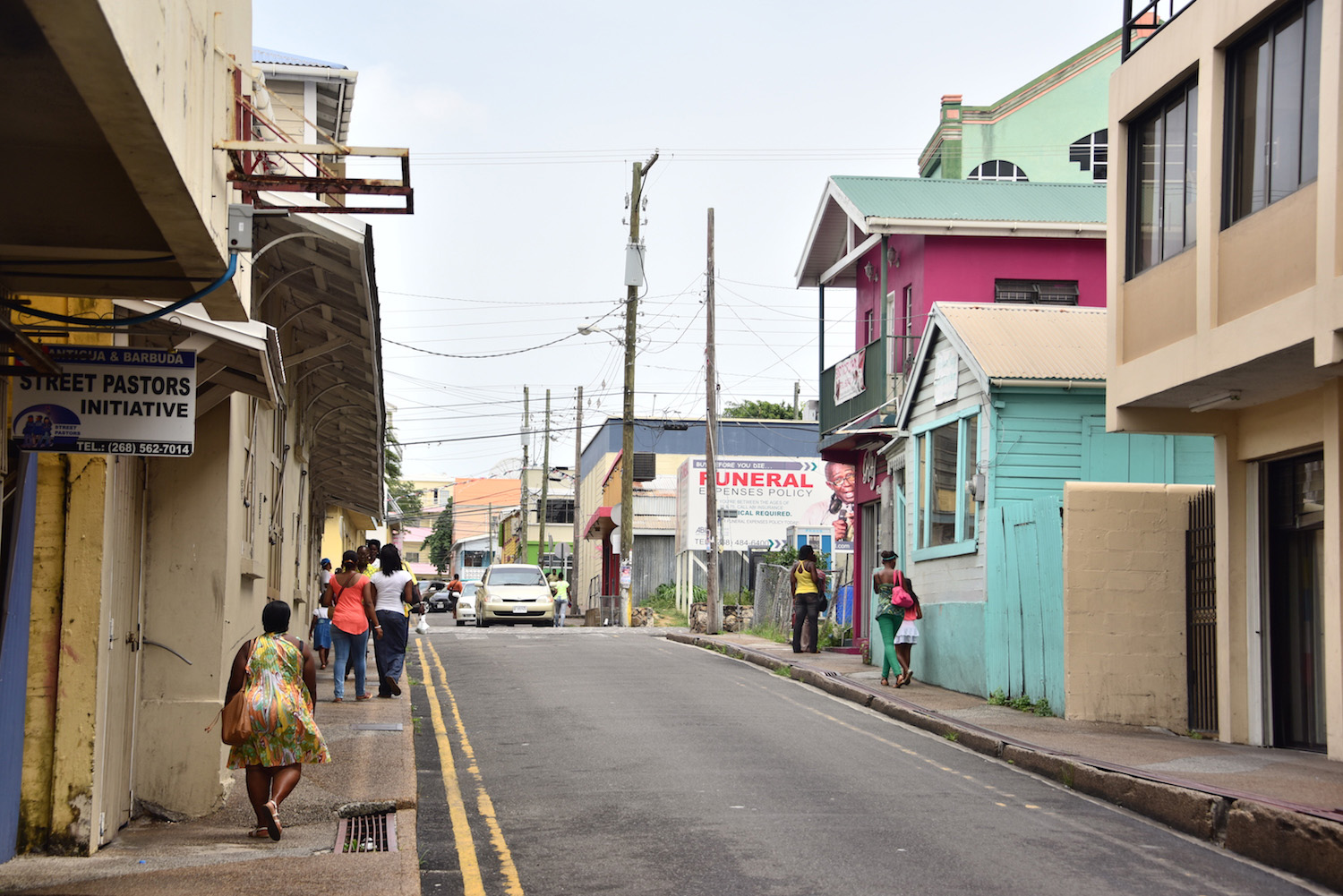
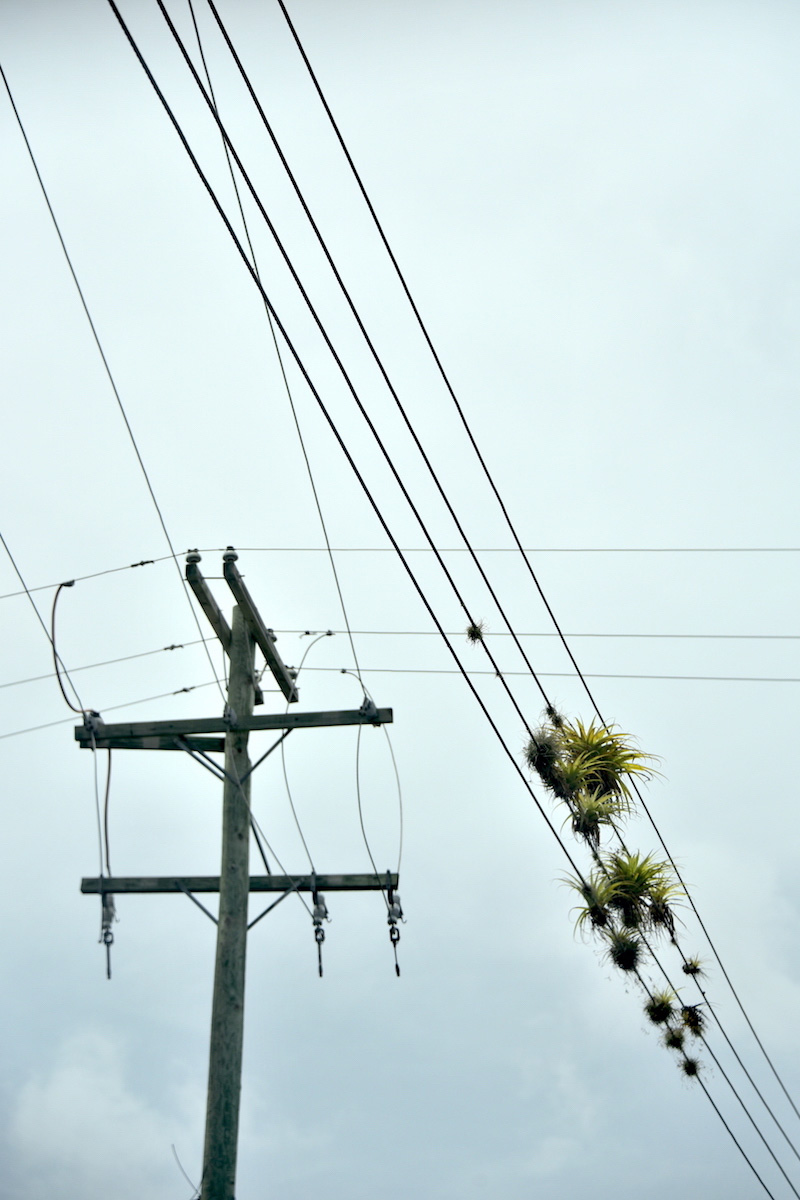
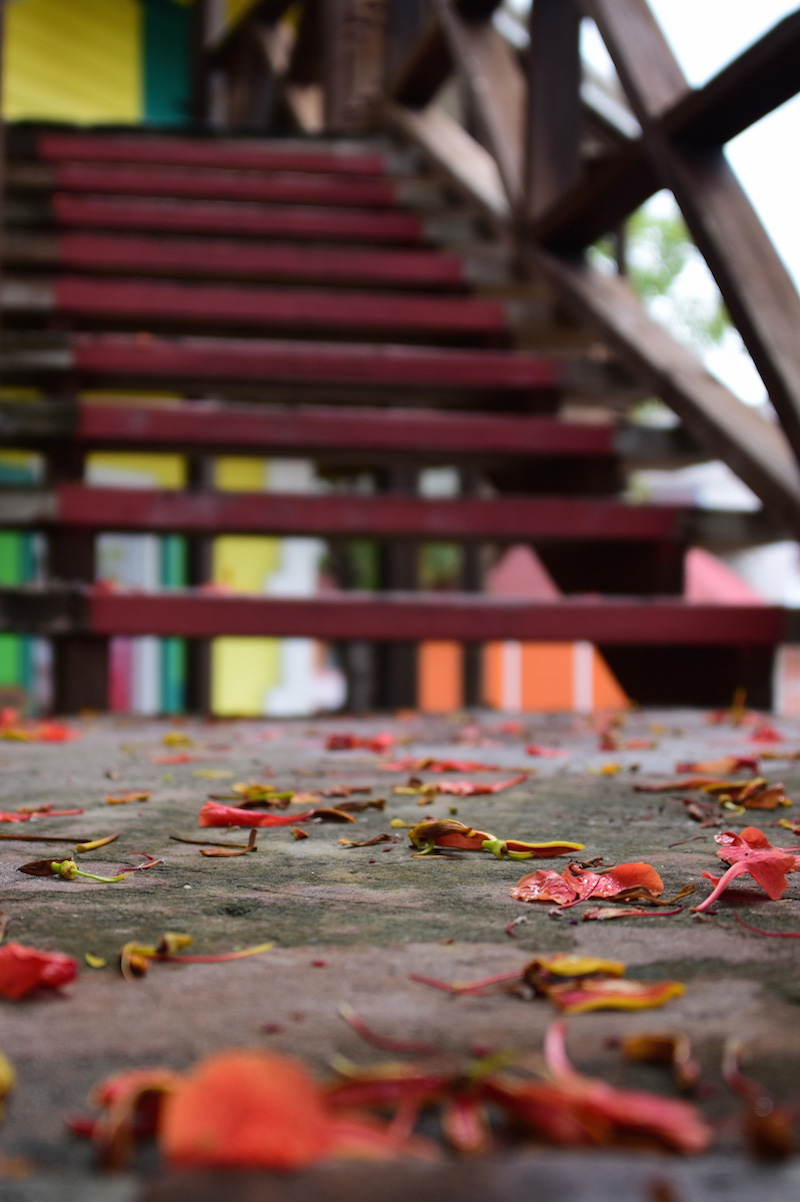
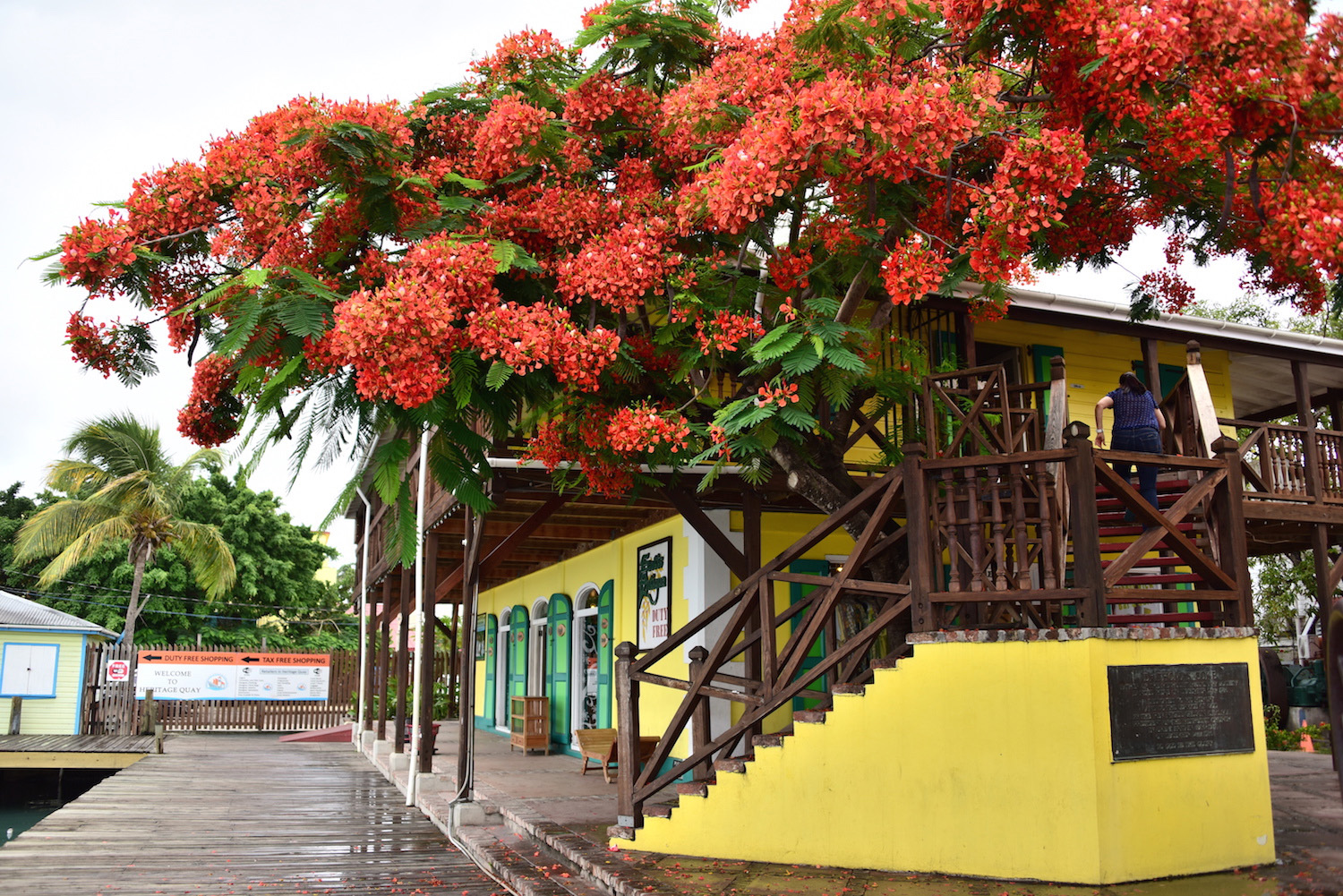
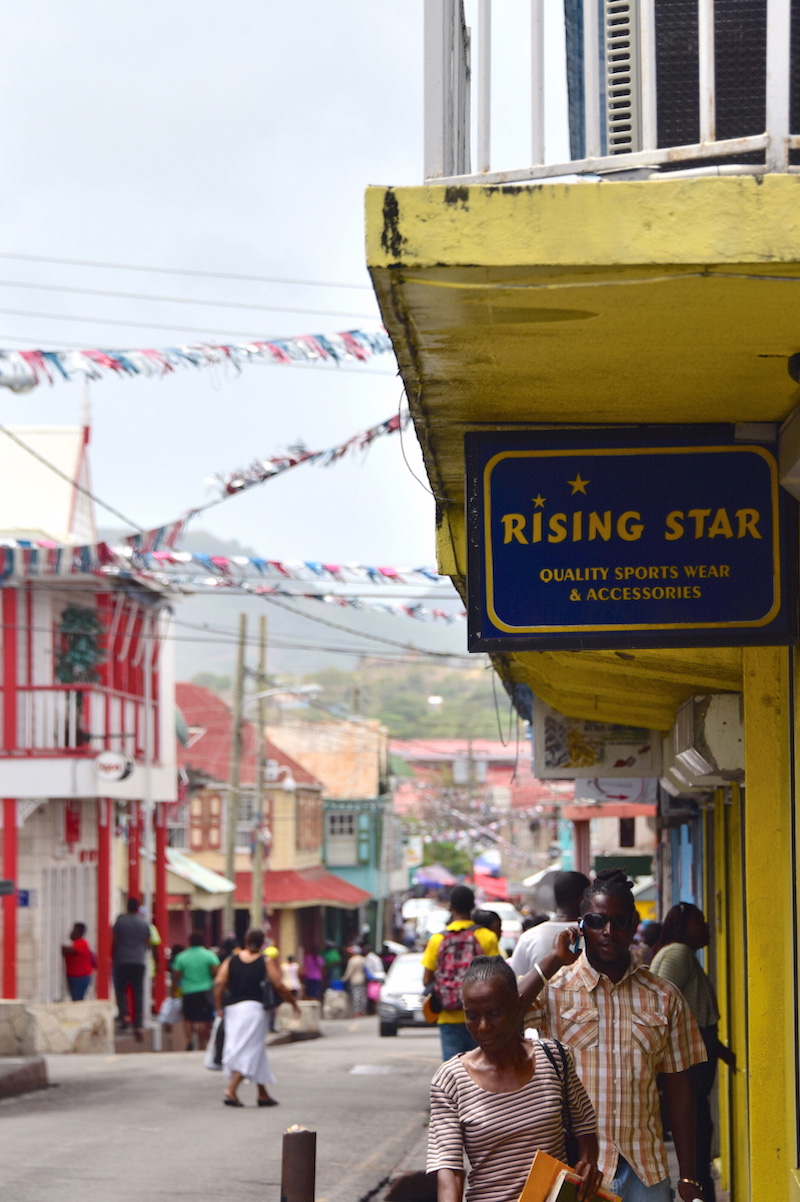
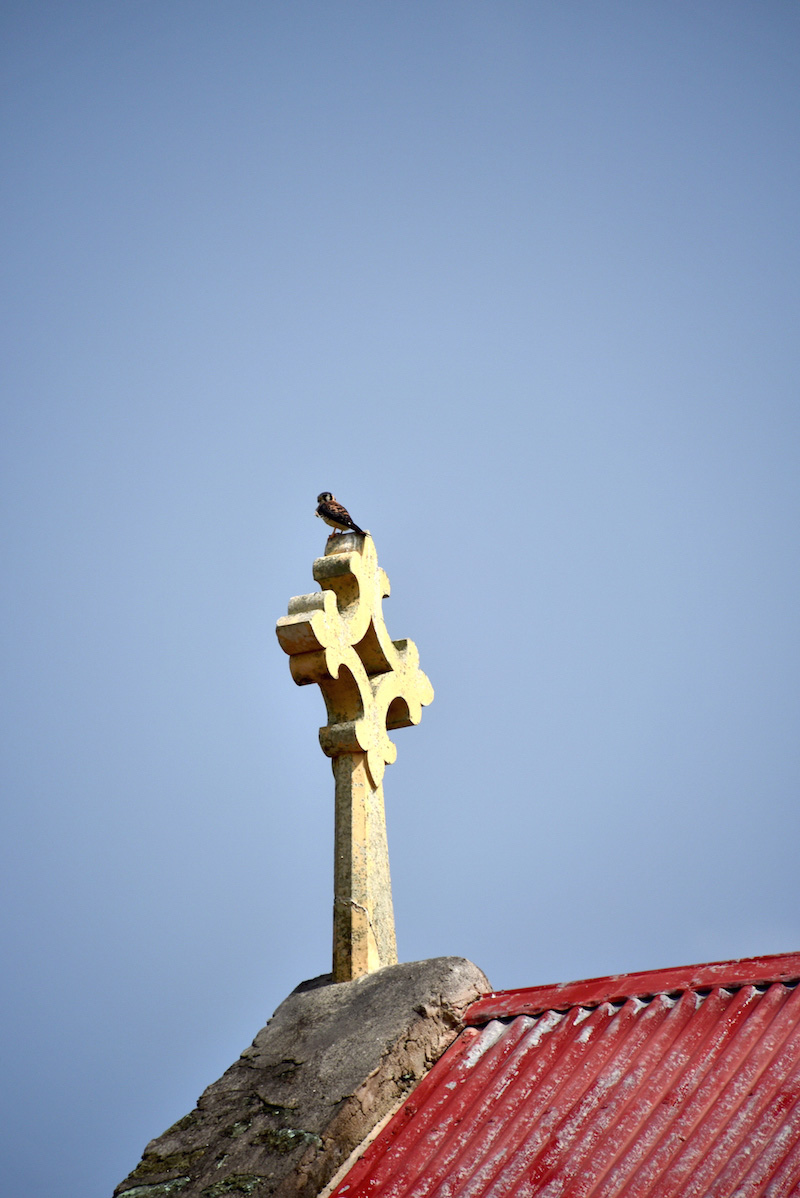
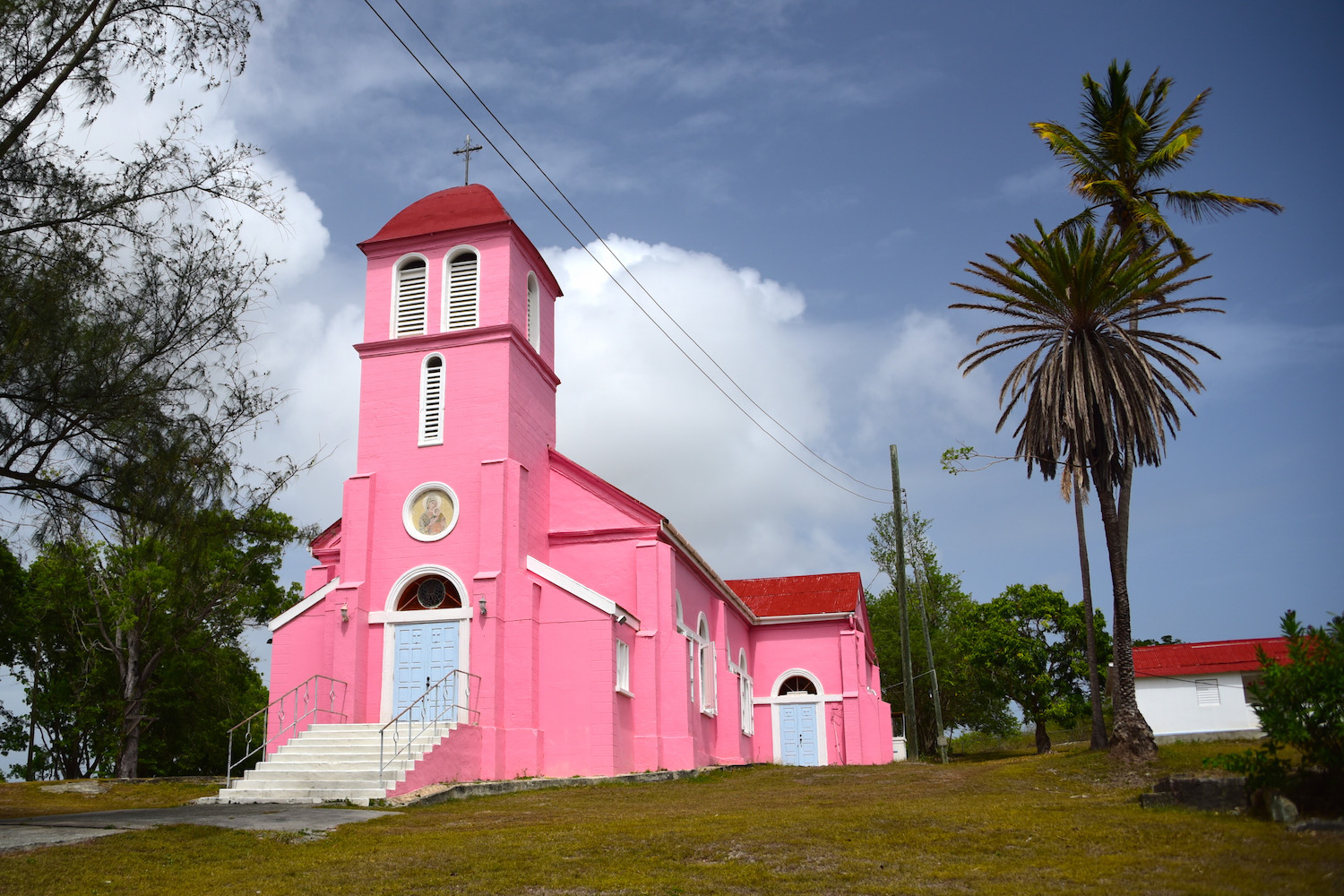
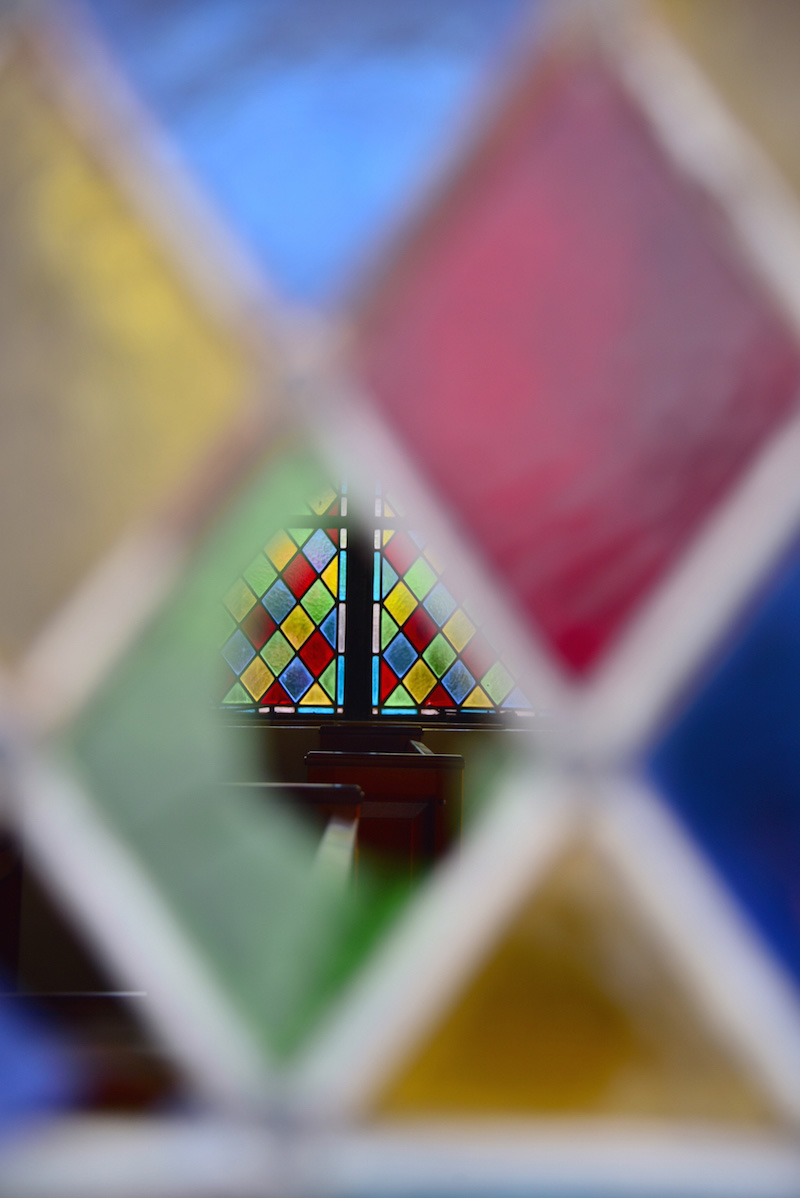
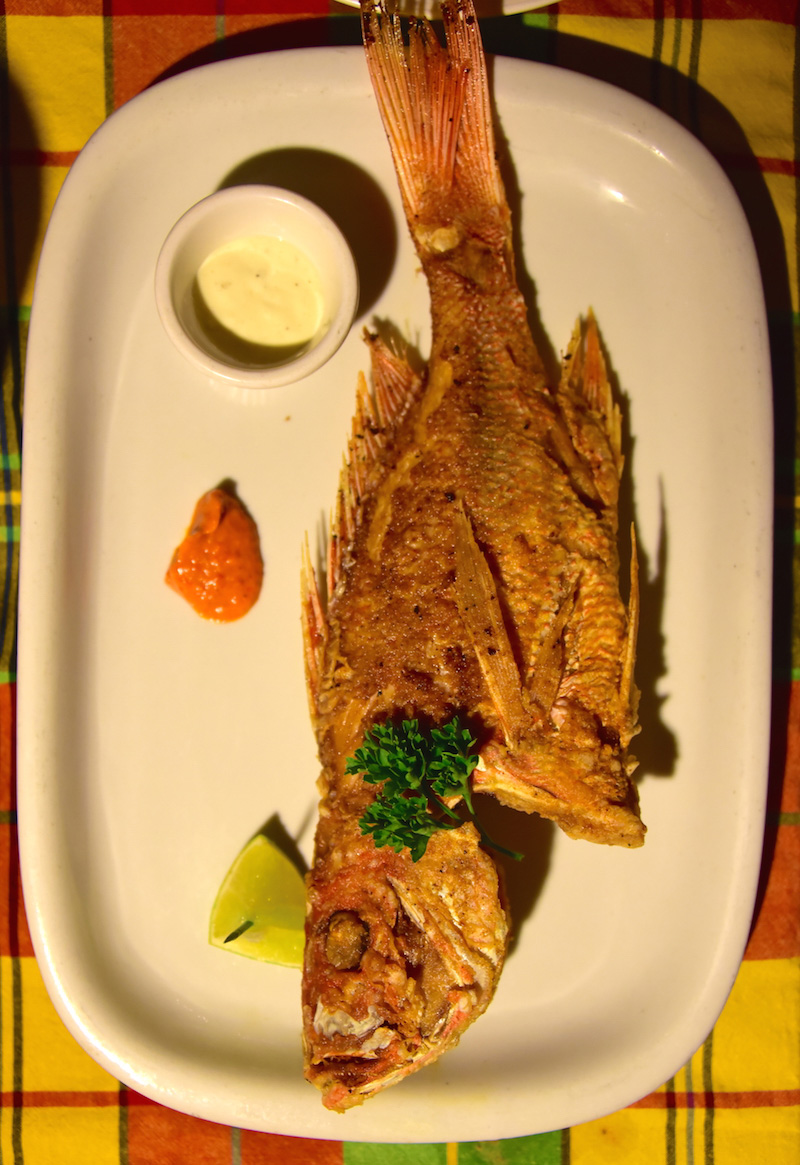
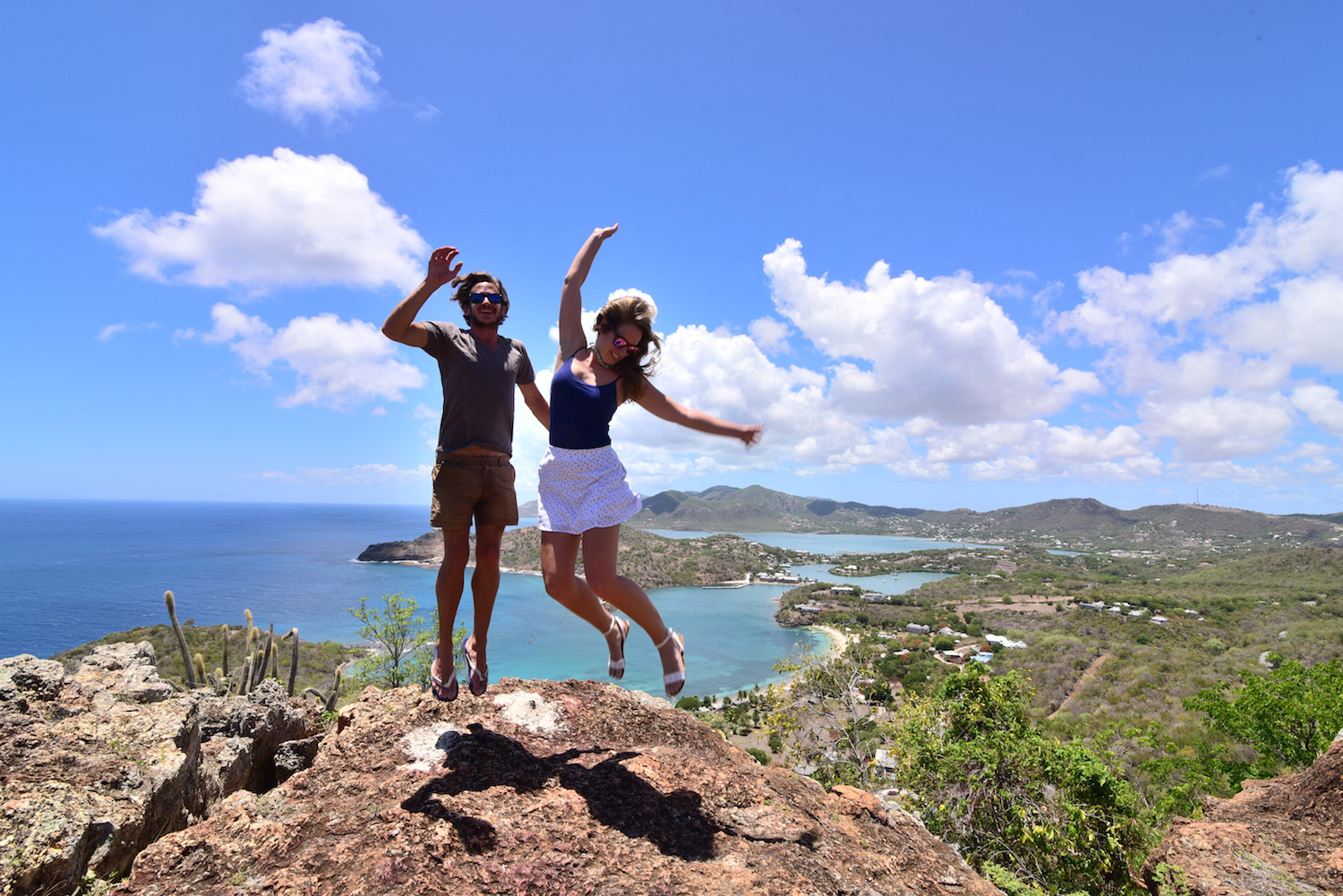
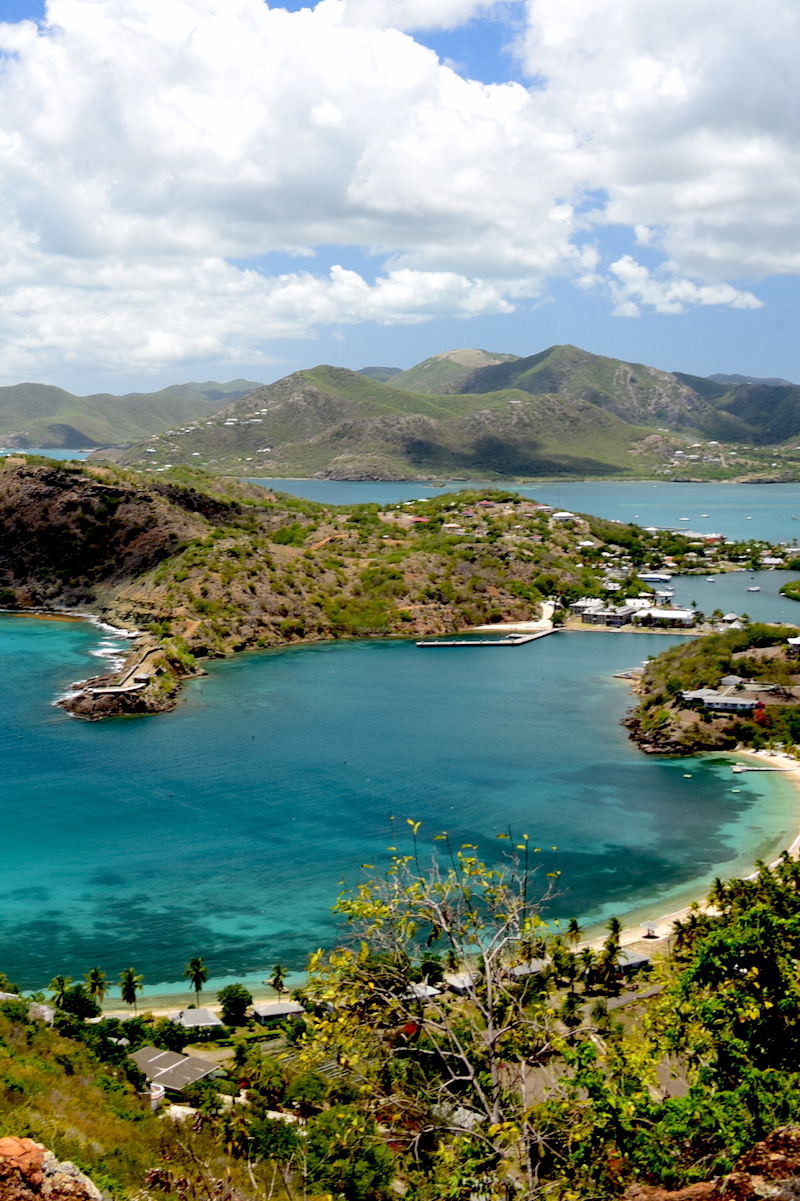
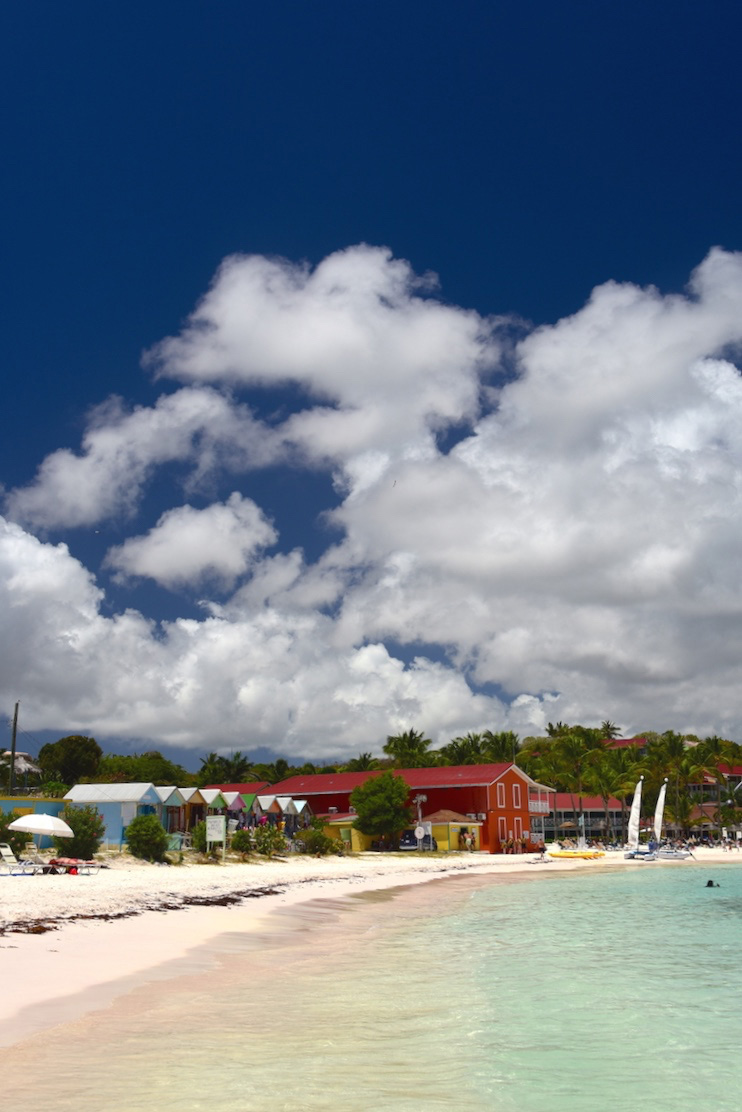
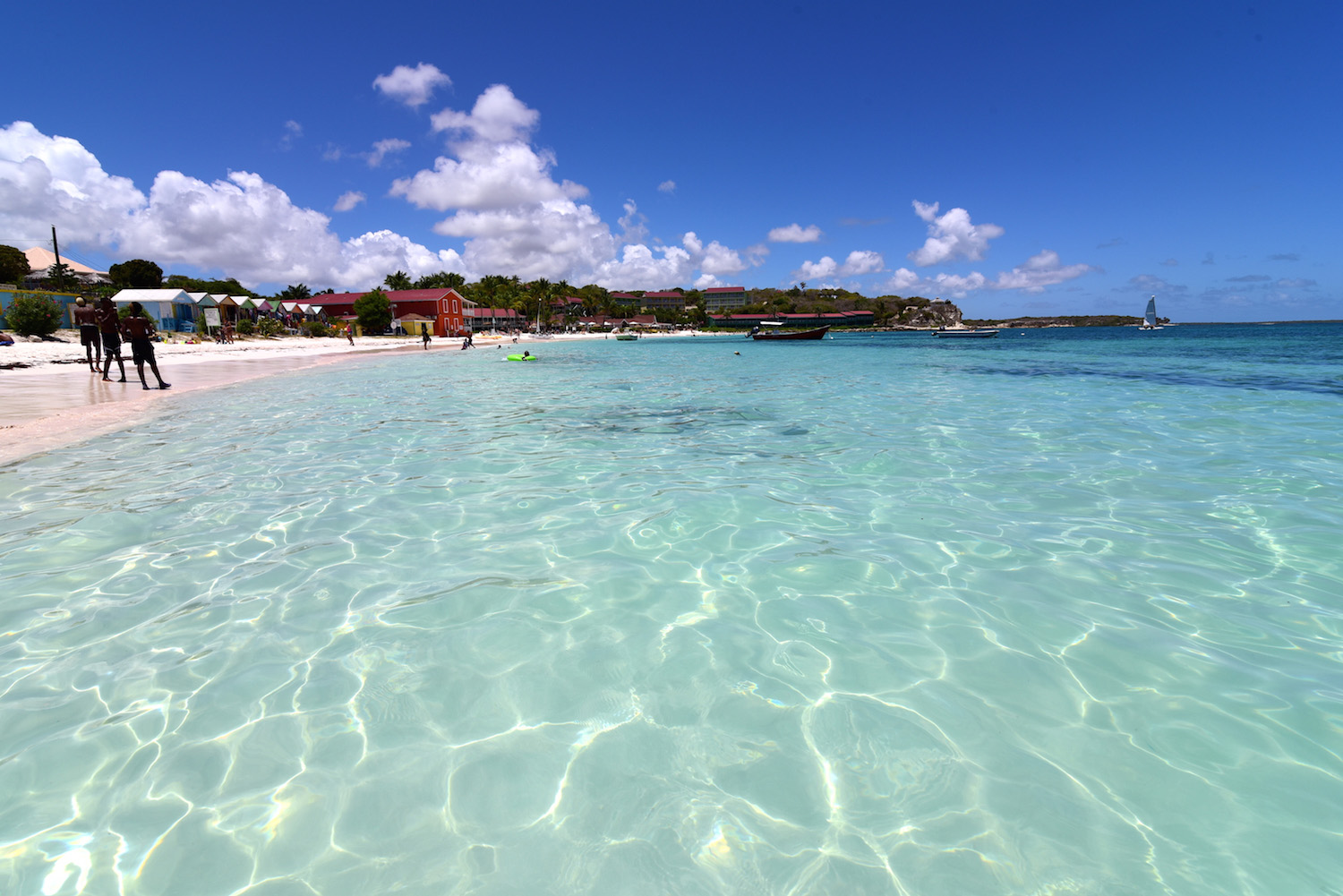
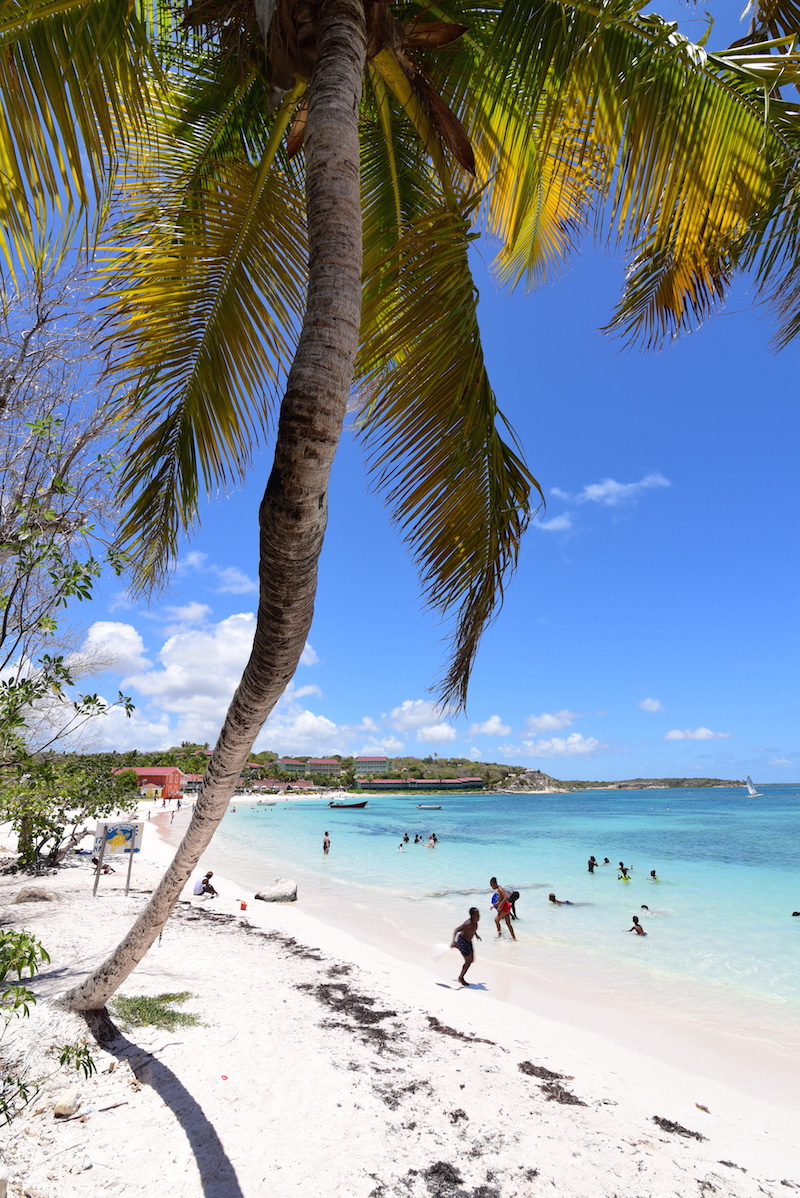
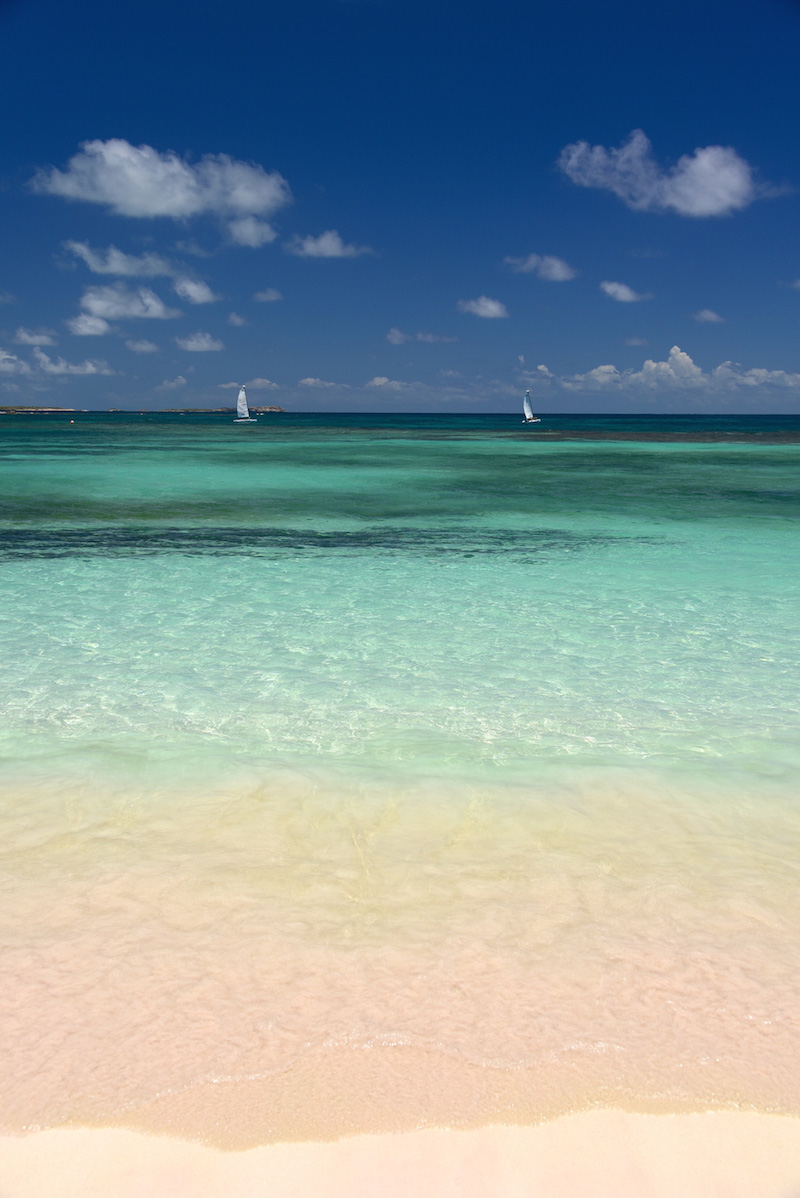
The Antigua and Barbuda Ministry of Tourism paid for my trip but as usual, all opinions are my own. A big thanks to Shermain, Cleo, Francine, Maria and the rest of the team at A&B Tourism; to Sasha and everyone at South Point Antigua; to my drivers John-Henry and Paul for getting me around safely; to Charli from Wanderlusters.co.uk for taking the time to explore with me; to Bert at Papa Zouk Fish ‘n’ Rum and the spirit of Papa Zouk himself; to Eloise for the stunning seafood festival; and to a sweet, happy little girl named Shania, whom I met while waiting in the MoT’s office on my gloomiest day in Antigua: You lit up the day and my spirit.



